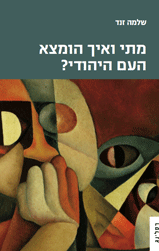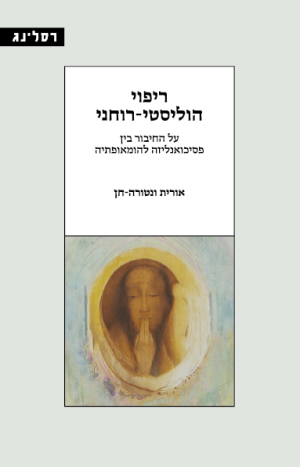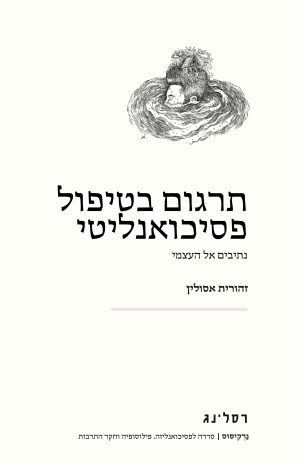מתי ואיך הומצא העם היהודי?
מתי ואיך הומצא העם היהודי?
קטגוריות היסטוריה, חברה ישראלית, מקור
מאת: שלמה זנד
₪94.00
What is a nation and when does it become a nation? Is it a "race", "ethnos", or a human group with nothing but a cultural-linguistic background? Why do nations claim sovereignty over themselves? And why do they often need images that point to an ancient and common source?
These and other theoretical questions arise and issues arise that may undermine crisp identities and permissible memory districts in our places as well. When was the Jewish people formed? During the giving of Torah at Sinai? In the conquests of Canaan? Or in the pen of 19th-century Jewish historians who, like past scholars from other cultures, invented imaginary peoples to create and stabilize future nations? At what time was the Bible moved from the theological-religious bookshelf to the historical-national shelf? So what happened to them? In what god did the rulers and subjects of the powerful kingdom of Khmer that resided in today's Yemen region believe? Who was the bold Dahiya al-Kahina who ruled over the barbarian tribes in North Africa? Did the mysterious Khazar Empire really Judaize? And how did it happen that in Eastern Europe a huge population was formed which embraced on the threshold of modern times most of the Jewish believers in the world? Are the Jews a "race-people" with a unique gene? Is it not more likely that the collective identity does not have a sufficiently uniform folk memory and therefore needs support in biology? What lies behind the concept of "the state of the Jewish people" and why has this entity not so far become an Israeli republic?
In his fascinating new book, When and How the Jewish People Were Invented, historian Shlomo Zand undertook to try and deal with questions that are still perceived in Israeli society as taboo, "sensitive" questions involving both the origin of Jews and the civil status of Israelis. His dive into the depths of the "long time" in the history of the former and the critique of the identity politics of the latter are original and daring. They will probably arouse curiosity and even controversy and controversy.
Prof. Shlomo Zand served as a lecturer at the School of Higher Education in the Social Sciences in Paris and now teaches contemporary history at Tel Aviv University. His recent books, The Intellectual, Truth, and Power (2000), Cinema as History (2002), and The Historian, Time, and Imagination (2004) were published by Am Oved and translated into other languages.





















